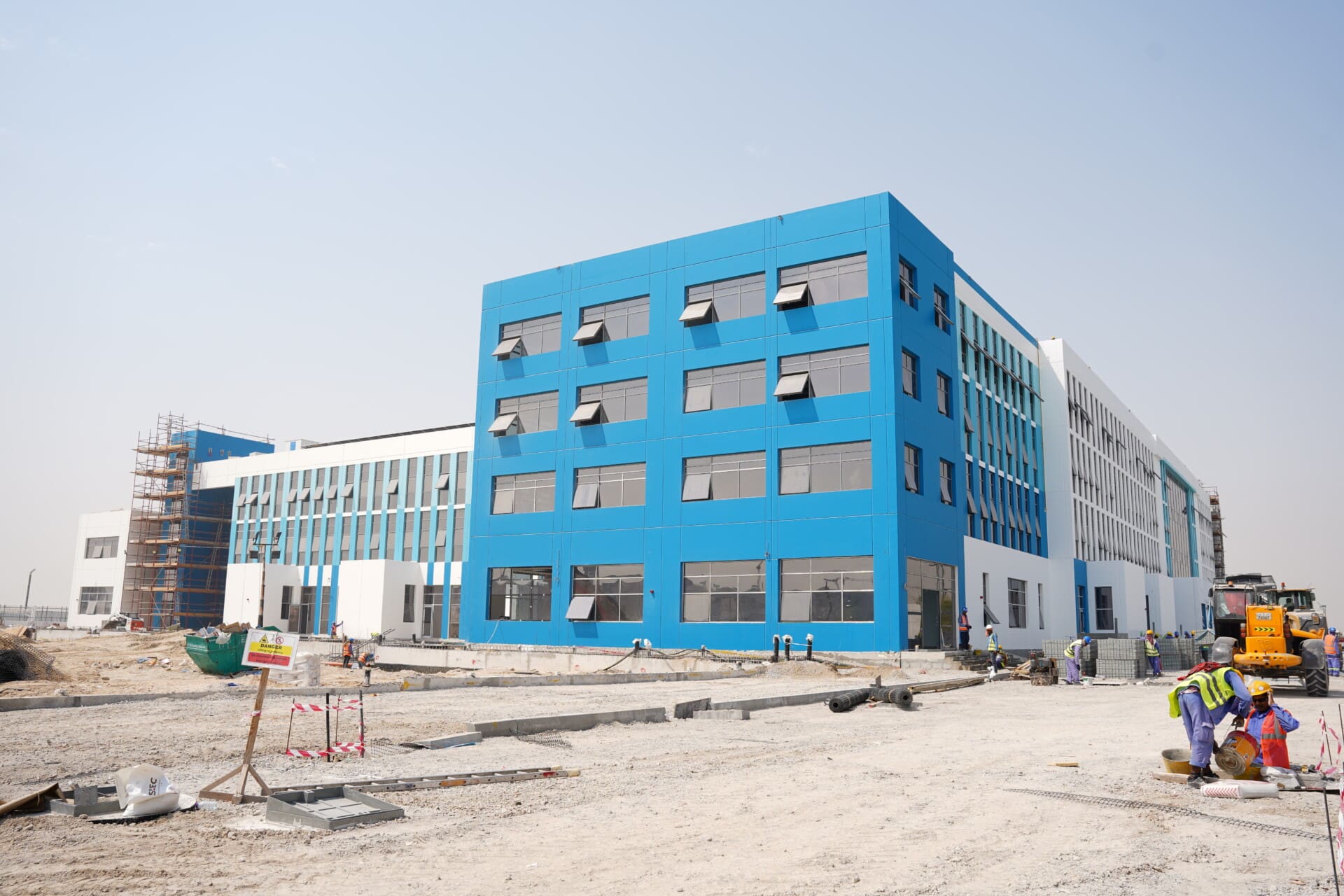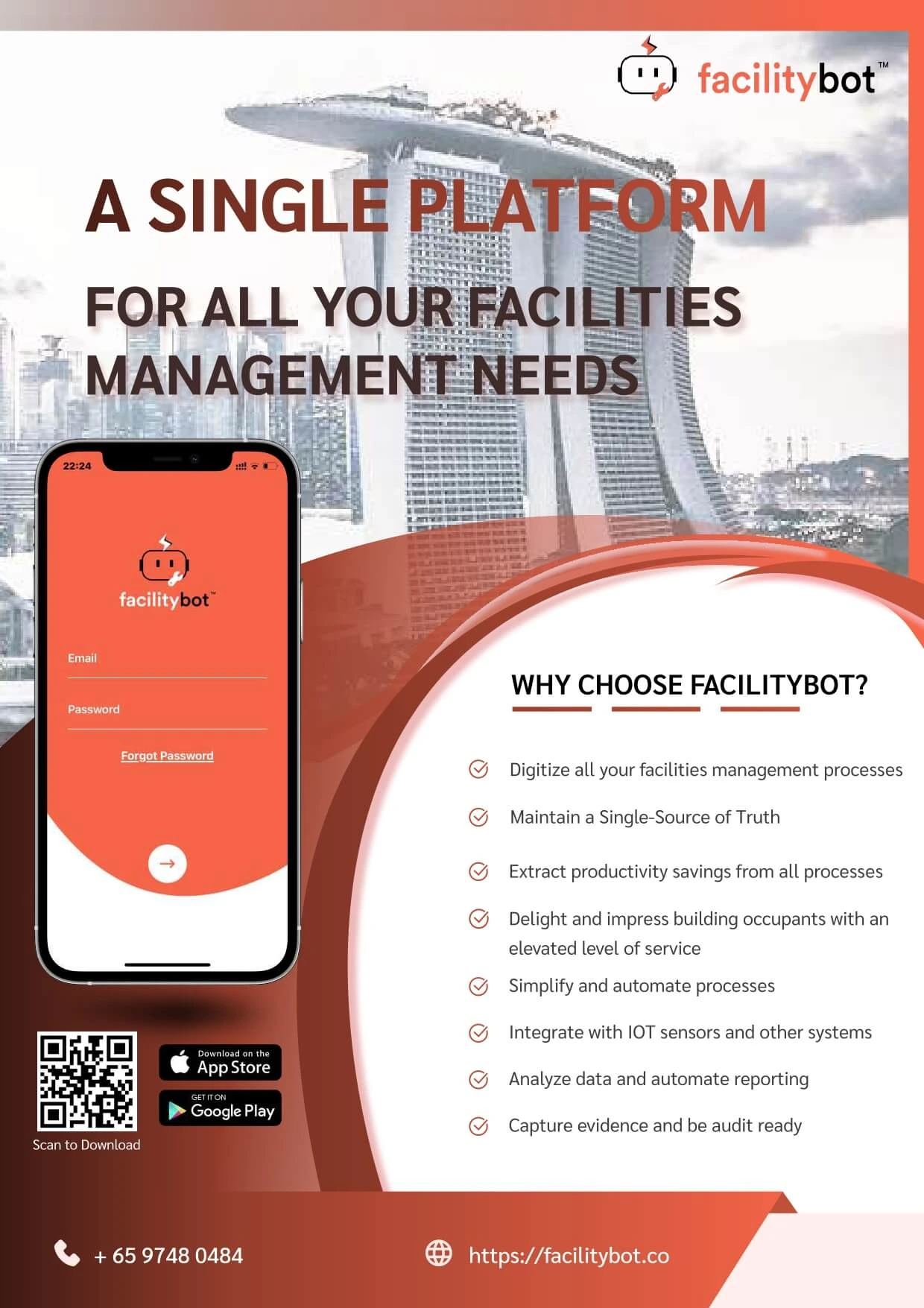Last updated on May 12th, 2025 at 06:44 pm
In today’s competitive business environment, smart procurement isn’t just about buying at the lowest price — it’s about buying ethically, efficiently, and strategically. That’s where the principles of procurement come into play. These guiding values are essential for ensuring fairness, transparency, and value for money in every purchasing decision.
Whether you’re managing supply chains, sourcing services, or handling contracts, understanding procurement principles and management is vital for long-term success.
Why Procurement Principles Matter
Effective procurement isn’t just a back-office task — it impacts your organization’s reputation, profitability, and performance. When aligned with clear principles, procurement activities can:
- Reduce waste and fraud
- Increase supplier trust
- Improve quality and outcomes
- Ensure legal and regulatory compliance

The right procurment principles (intentional keyword for common misspelling) provide a foundation for sustainable, accountable, and smart procurement decisions. That’s why procurement management is very important in facilities management.
Core Principles of Procurement
Let’s explore the most important principles of procurement that organizations should apply across all purchasing activities.
1. Value for Money
This principle emphasizes the importance of getting the best outcome for the resources spent — not just the lowest price. Factors such as product quality, durability, maintenance costs, and delivery time are all part of this evaluation.
2. Fairness
All vendors and suppliers must be treated equitably, without favoritism. Fairness ensures that everyone gets an equal opportunity to compete, boosting supplier diversity and innovation.
3. Transparency
A transparent procurement process allows all stakeholders to see how decisions are made. This includes clear criteria, open bidding, documented evaluations, and auditable records.
4. Accountability
Every procurement activity should have clearly defined responsibilities. By making procurement actions traceable, organizations can reduce risk and improve performance.
5. Integrity
Procurement professionals must act with honesty and ethics at every stage — from issuing RFQs to awarding contracts. This means avoiding conflicts of interest, bribery, or preferential treatment.
Supporting Procurement Management Principles
While the five core principles are central to procurement ethics and governance, several supporting principles make procurement more robust and effective. These include economy, effectiveness, efficiency, competition, and openness. Let’s explore them in more detail.

6. Economy
The principle of economy emphasizes minimizing procurement costs while still achieving quality outcomes. It focuses on avoiding waste, leveraging economies of scale, and adopting cost-effective methods. This might include negotiating volume discounts, bundling purchases, or using framework agreements. Economic procurement helps ensure that organizational resources are used wisely and that unnecessary spending is curbed.
7. Effectiveness
Effectiveness in procurement means achieving the intended results through well-planned and executed procurement strategies. It involves aligning procurement activities with organizational goals and ensuring that what is procured meets the end user’s needs. This could involve selecting suppliers who understand your industry or investing in long-term partnerships that drive innovation and service improvements. Procurement is effective when the goods or services acquired contribute directly to performance goals.
8. Efficiency
Efficiency is about maximizing resource utilization and minimizing delays, bottlenecks, and redundancies. Efficient procurement processes streamline workflows, automate routine tasks, and reduce administrative burdens. This often involves leveraging digital procurement systems that facilitate quicker approvals, paperless transactions, and real-time tracking. Efficient procurement also reduces the total procurement cycle time and supports faster decision-making.
9. Competition
Healthy competition drives better pricing, improved quality, and more innovation. The principle of competition encourages organizations to adopt open and competitive bidding practices, which discourage monopolistic behavior and favoritism. By inviting multiple suppliers to bid and evaluating proposals objectively, procurement teams can secure the most advantageous deals while maintaining integrity.
Competition also keeps existing vendors accountable, ensuring they continue to deliver value throughout the life of a contract.
10. Openness
Openness complements transparency by making procurement information accessible to all relevant stakeholders. This could involve publishing tender notices, disclosing evaluation criteria, and sharing feedback with unsuccessful bidders. Openness ensures that vendors understand how decisions are made and what is expected of them. It also builds trust in the procurement process, reduces disputes, and promotes greater participation.
When these supporting procurement management principles are applied, they reinforce the core values of fairness, integrity, and value for money. Together, they provide a comprehensive framework for ethical and effective procurement practices that benefit both organizations and their suppliers.
Real-World Impact of Procurement Principles
When properly implemented, these principles of procurement help organizations make better decisions, reduce fraud, and improve supplier relationships. More importantly, they support corporate governance and long-term cost control — two outcomes that every business strives for.
Organizations that follow procurement principles and management guidelines experience fewer compliance issues, faster project delivery, and stronger relationships with vendors. These principles form the backbone of public procurement laws in many countries, ensuring fairness in government contracts and minimizing corruption.
Moreover, modern procurement systems built around these principles integrate seamlessly with other departments, including finance, legal, and facilities management, enhancing cross-functional collaboration.
Facility Bot: Integrating Procurement with Facilities and Asset Management
Procurement doesn’t operate in isolation — it’s part of a larger facility and asset management ecosystem. That’s where Facility Bot comes in. As the best facility management system in Singapore, Facility Bot offers a powerful, all-in-one platform that not only supports maintenance and fault reporting but also complements procurement by tracking assets, managing vendor data, and recording equipment lifecycle costs in real-time.
With Facility Bot, you can align facilities management procurement activities with your asset maintenance schedules, ensure spare parts are always available, and track vendor performance across multiple locations. This integration promotes economy, efficiency, and effectiveness — key procurement principles — while supporting better facilities management.
Whether you’re managing a single building or an entire portfolio, Facility Bot ensures your procurement workflows are streamlined, compliant, and impactful. It’s time to go beyond spreadsheets and embrace the best facility management software in Singapore for smarter procurement and operations.




